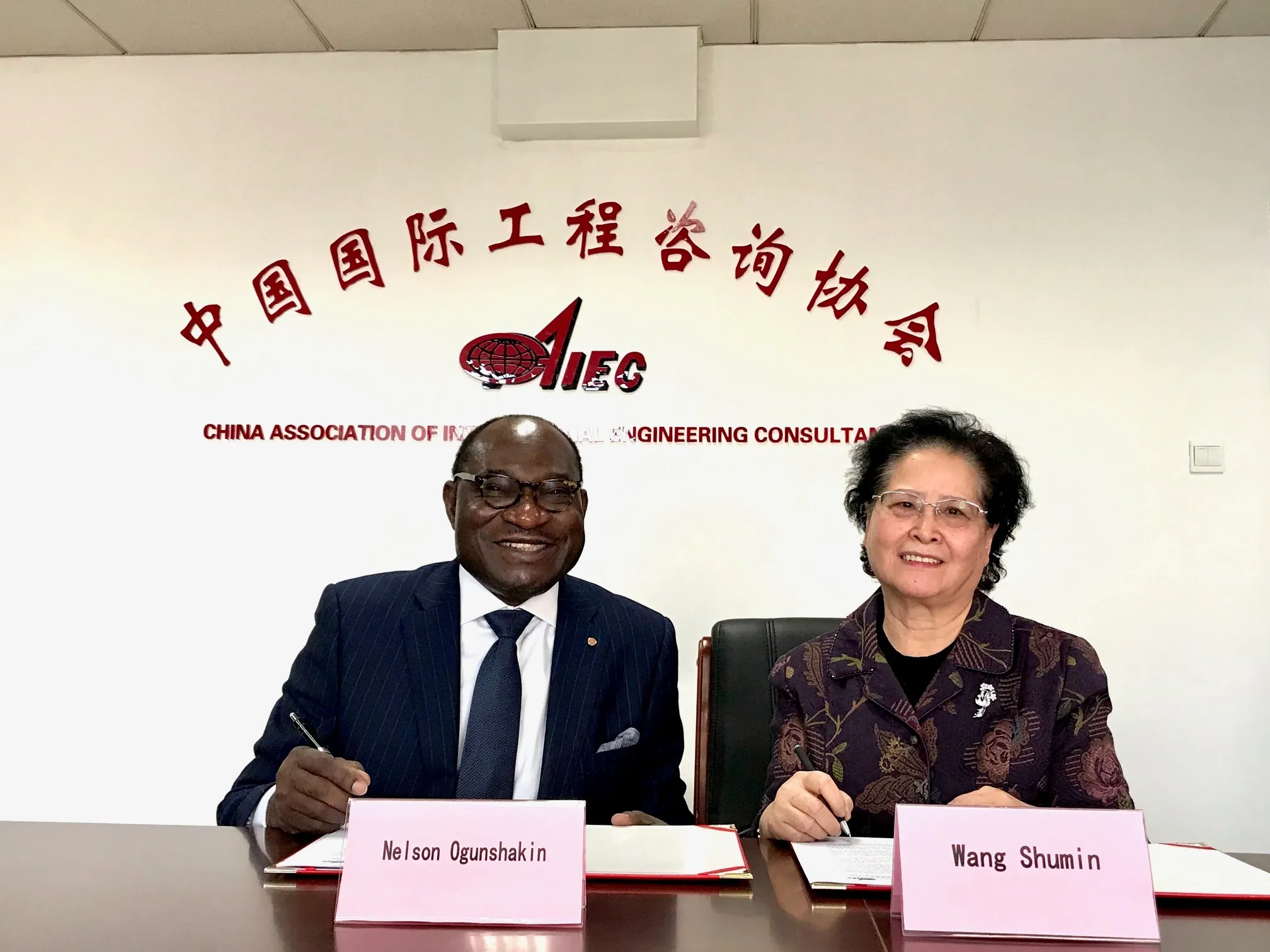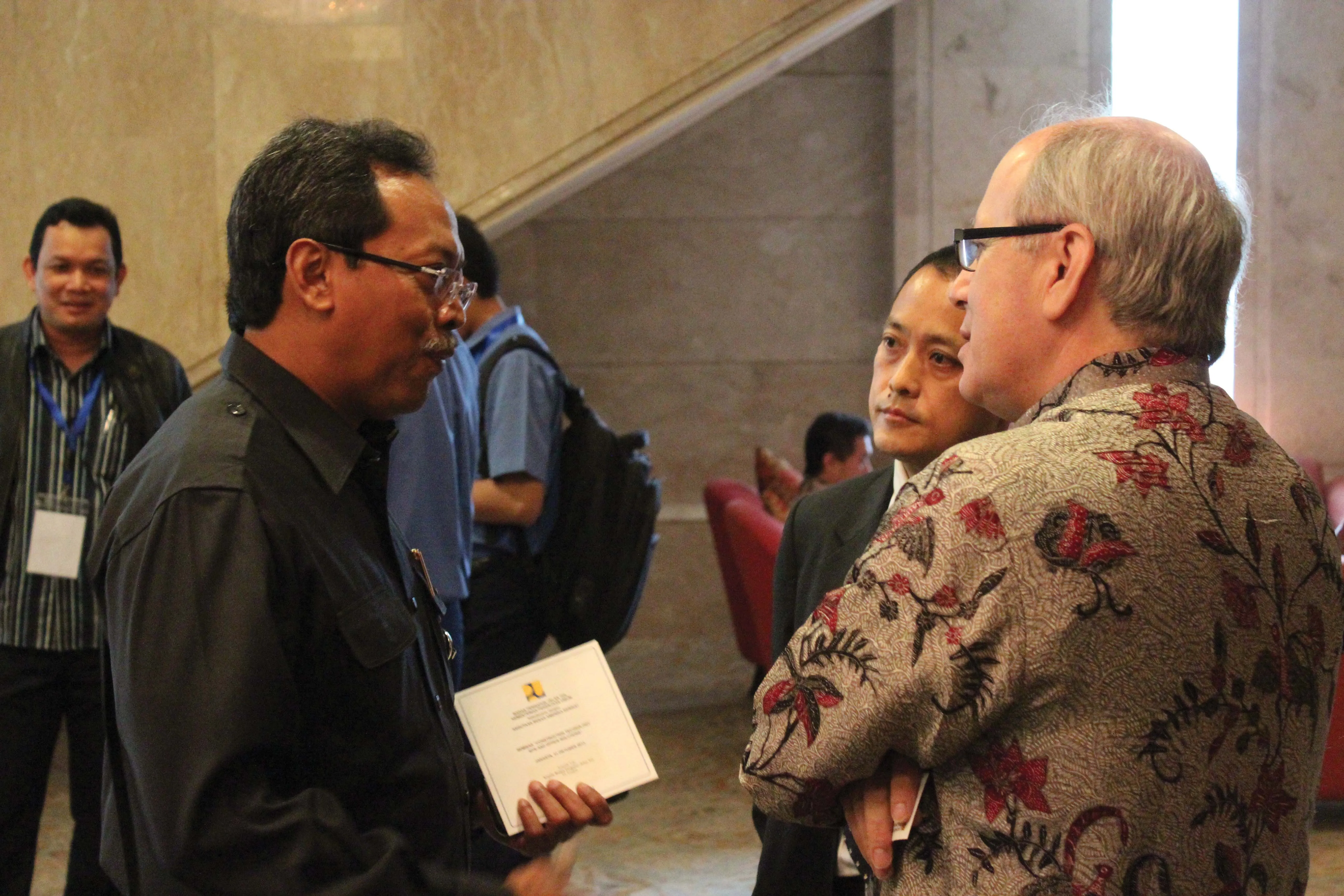Colbond, a leading producer of synthetic nonwovens and polymeric mats and composites, has appointed Jan Mahy as global director of research and development.
He brings with him 18 years of professional experience and moves from Akzo Nobel, a former parent company of Colbond.
"I am looking forward to join Colbond's vision to strengthen the company's postition as an innovative global player in technical textiles. Leading an international group of experts to develop and improve products for this industry
April 16, 2012
Read time: 1 min

Colbond, a leading producer of synthetic nonwovens and polymeric mats and composites, has appointed Jan Mahy as global director of research and development.
He brings with him 18 years of professional experience and moves from Akzo Nobel, a former parent company of"I am looking forward to join Colbond's vision to strengthen the company's postition as an innovative global player in technical textiles. Leading an international group of experts to develop and improve products for this industry is an exciting and challenging opportunity to use my expertise." says Mahy, who will be based in Colbond's Development and Application Centre in Arnhem, the Netherlands.
Colbond is a leading producer of high-quality synthetic nonwovens for flooring, automative and construction applications, and three-dimensional polymeric mats and composites for civil engineering, building and industrial products.









